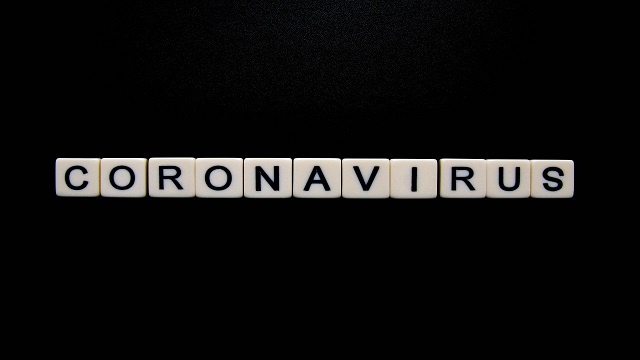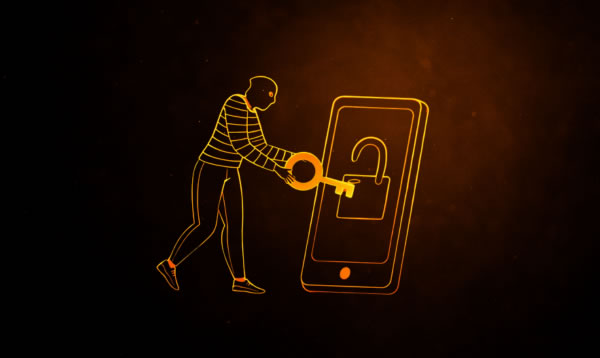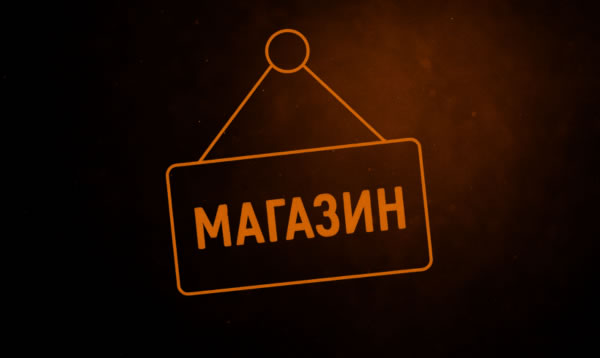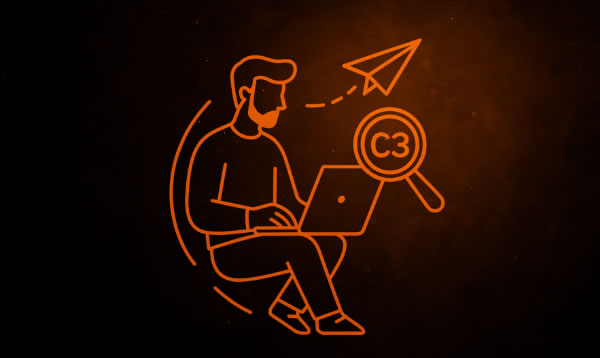01.12.2020
Legal alerts
Legal alerts
Change in registration forms.

From November 25, 2020 incorporation of legal entities, changes to its charters, reorganization, liquidation as well as registration of individuals as individual entrepreneurs and termination of their activities will be carried out under application forms approved by order of the Federal Tax Service of the Russian Federation dated August 31, 2020 в„– EР”-7-14/617. It also provides detailed instructions for completing every listed action.
If outdated forms are submitted, applicant will be denied registration. We remind you that state fees as well as all submitted documents are not subject to be returned to the applicant. A new set of documents will be required to be re-submitted. This is especially important in situations where applicant is submitting documents on behalf of foreign persons. Such documents require expensive legalization and notarized translations.
The Federal Tax Service of the Russian Federation also developed new recommendations for filling out indicated updated forms and corresponding explanations.
The Federal Tax Service also developed new recommendations for filling out the indicated updated forms and corresponding explanations.
Extension of restrictions in Moscow.

On November 26, 2020, the Decree of the Mayor of Moscow в„– 114-YM was published.
In accordance with clause 1.1 of the Decree validity period of the restrictions that were introduced in respect of a number of employees previously transferred to a distance work format is extended until January 15, 2021.
Be advised that earlier Moscow employers were obliged to transfer at least 30% of employees, as well as all employees over the age of 65 or with chronic diseases to distance work from October 05, 2020 to October 28, 2020, and then until November 29, 2020 under the Decree of the Mayor of Moscow № 96-УM.
However, this requirement does not apply to workers whose presence in the workplace is critical for organizations.
Changes in regulation of distance work.

Bill draft proposed to introduce rules governing distance work into the Labor Code of the Russian Federation, was approved by the State Duma in the third reading with significant amendments. These norms will take effect from January 01, 2021.
The draft involves not only permanent distance work, but also temporary (up to six months and alternating work remotely and in the office).
In some cases, when interacting between employer and employee, the former will have to use a strengthened qualified digital signature and the latter - a similar or reinforced unqualified digital signature (labor contract, additional agreement to it, liability agreement, apprenticeship agreement). In any other case parties can use methods to record the fact of receipt of an electronic document. This method must be fixed in labor contract.
Basic conditions of work can be fixed in labor contract, additional agreement, collective agreement or local regulations. Such conditions as working hours, procedure for transferring the results of work by employee and a report on it at request of organization, the conditions and procedure for calling a temporarily distance-work employee to the office, procedure for granting leave to a permanent distance worker are included in the draft.
In accordance with the draft equipment necessary for distance worker is either provided by employer or belongs/is rented by employee upon consent of employer. In the latter case, employer will be obliged to pay compensation and reimburse the costs.
Also, legislators plan to establish additional special grounds for terminating labor contract with employees of this category of labor:
1. employee does not get in touch for more than 2 working days in a row without a valid reason (employer may set a longer period);
2. permanent distance worker has moved to another area and therefore cannot work on the same conditions.
Also, the draft provides for two cases in which employer will be able to transfer personnel to distance work:
1. relevant decision was made by a state or local government body;
2. life or normal living conditions of the population or its part are under threat (for example, during an epidemic).
We monitor changes in legislation on a daily basis and provide our clients with proven ways to resolve issues within the legal framework of the Russian Federation.
If you have any questions, please contact our specialists.



